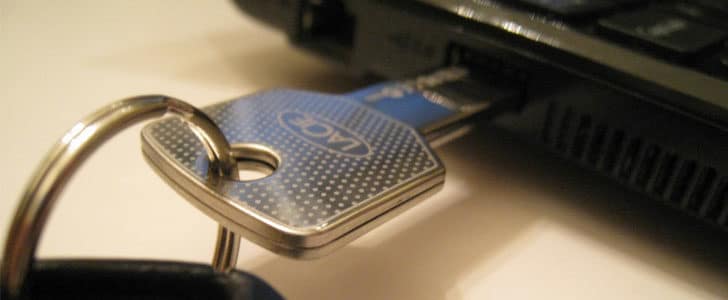Era of optical drivers is almost gone. It’s the time of USB storage devices. With improvement of data transfer rate in USB 3.0, ease of use, expandability and reduced cost they are getting extremely popular. Today there are lightning speed terra devices you can easily carry in your pant pocket.
However still some people are facing problems when using USB devices. Mainly USB pen drives. One major problem is unusual longer time they take when you are coping large files or large number of small files. I gave you a tip to solve that problem up to a certain extent using TeraCopy.
Today I’m going to clarify another major issue you might face when using a USB storage device. It’s “what is the best file system to use to get maximum out of it?”
When you plug the USB drive and then try to format it, there you will be able to see list of file systems. If your drive is lesser than 32GB, there you can find FAT, FAT32, NTFS and exFAT. If it’s bigger than 32GB you have only NTFS and exFAT. Those file systems have different capabilities and different compatibility issues.

What Are The Common File Formats?
FAT and FAT 32
FAT is the most common and most compatible file format. Its very light weight and works great with all OS and platforms. If you have any compatibility issue when you plug your USB drive in to your car audio, try formatting it with FAT file system.
But remember in order to use FAT, the device storage must be lesser than 2GB. It doesn’t have any in built security mechanism such as file encryption.
FAT32 is the advanced version. It has smaller cluster size and support up to 2TB. However in Windows it’s restricted to 32GB and this works only with Windows 9X and latest operating systems. Still this doesn’t have built in security.
NTFS
This is not a new thing for Windows users. Most of the times internal HDD are formatted with this file system. It has smaller file allocation unit size and advanced security features built in such as encryption and user permissions. It’s allowed device size and maximum file size is practically unlimited and works with Windows platform.
exFAT
This is my personal favorite. This has practically unlimited storage size and file size support. It works great with all the common OS and platforms. If you need data encryption it provide that as well.
Conclusion
After studying the above file systems, you must have figured out that there is no common file system which works for all the devices. It’s highly subjective and below are the rules I’m using.
- If the USB drive is lesser than 2GB use FAT. It will give you maximum compatibility.
- If drive is greater than 2GB and I need maximum compatibility, go for exFAT.
- If you need maximum Windows based security, such as permissions and encryption, go for NTFS.
I hope this clarifies all your issues about selecting the right file system for your USB drive. Our comment forum is open for your feedback or any further help.
Tags: #Files #Storage #USB
